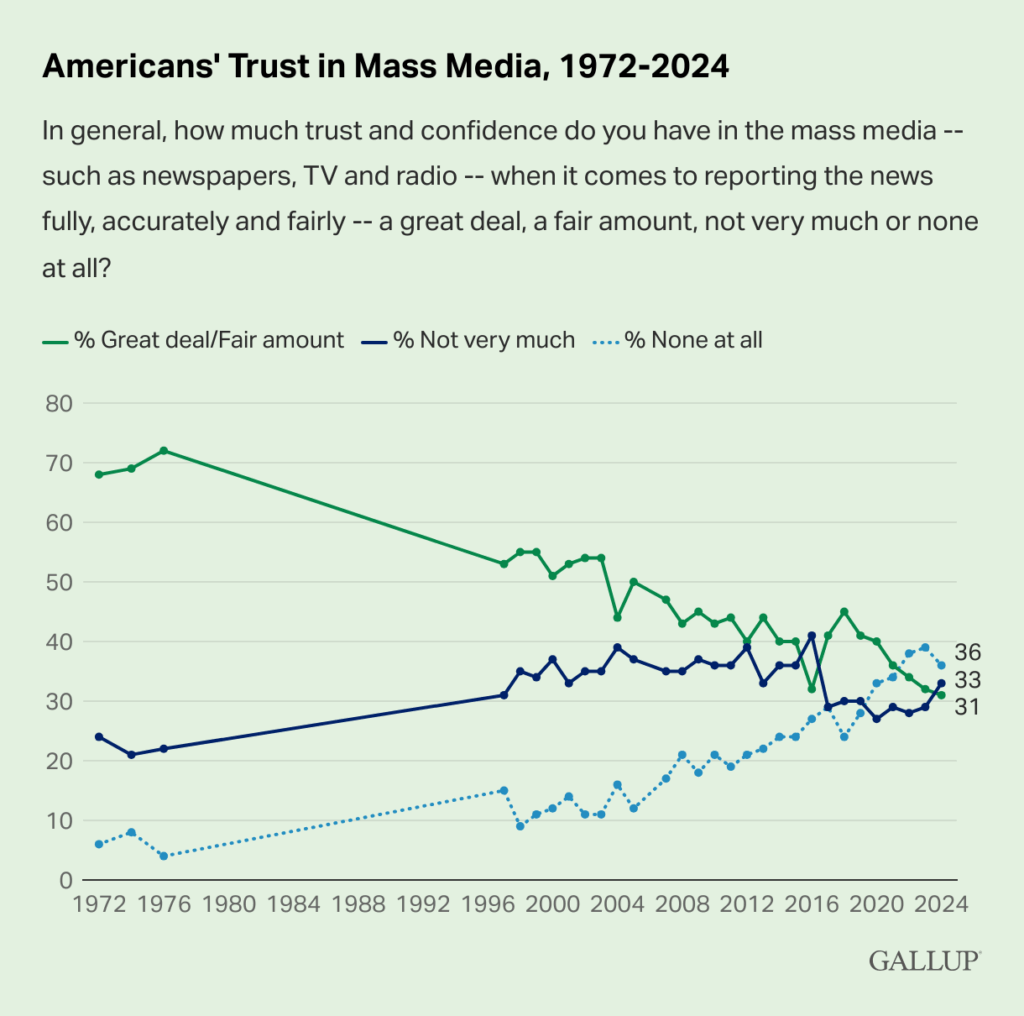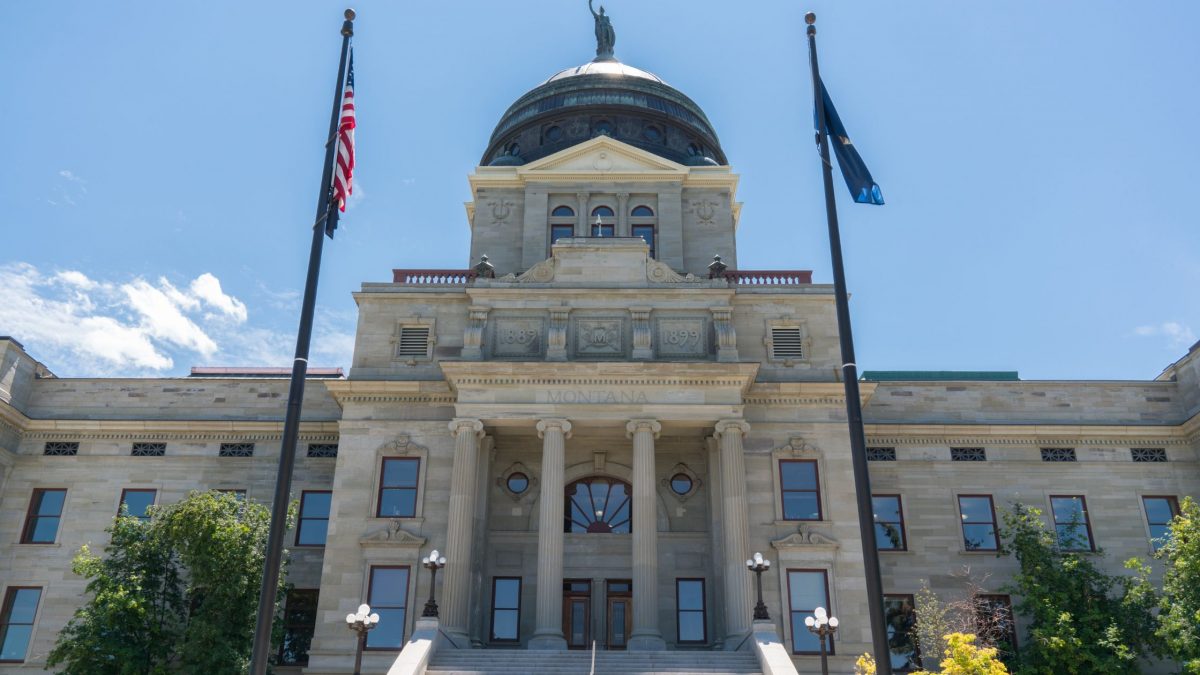HELENA — A press freedom dispute between Montana state officials and the Daily Montanan escalated when the news outlet hired lawyers to demand government interviews, according to sources familiar with the matter and documents first reported by Aaron Flint at Montana Talks and obtained by Western Montana News.
The controversy began in March when Governor Greg Gianforte’s communications staff, along with Attorney General Austin Knudsen’s office and Montana’s congressional delegation, declared they would no longer “engage” with the Daily Montanan over concerns about the outlet’s editorial practices.
Rather than pursue alternative reporting methods, the Daily Montanan retained Helena law firm Upper Seven Law and threatened legal action to compel state officials to grant interviews.
Government Officials Cite Editorial Concerns
In a March 4 letter to States Newsroom CEO Chris Fitzsimon, state officials outlined their concerns with the Daily Montanan’s operations. The Daily Montanan is one of 16 news outlets operated by the North Carolina-based nonprofit States Newsroom.
Officials accused the outlet of blurring lines between news and opinion content, with editors simultaneously serving as reporters and columnists. The letter alleged that editors wear “multiple, conflicting hats: an editor, assigning stories and editing them; a reporter, writing stories; and an opinion columnist, publishing opinions on the very stories he assigns, writes, and edits.”
The officials cited reports from OpenSecrets, Axios, and the Nieman Foundation characterizing States Newsroom outlets as “partisan-backed” and “dark money supported” operations “masquerading as local news.”
“The absence of a firewall between news and opinion departments appears to be a feature, and not a bug, of the States Newsroom model,” the state officials wrote.
Legal Threat Response
States Newsroom responded through Upper Seven Law with a March 24 demand letter threatening legal action if officials did not rescind their policy. Attorney Molly Danahy argued the boycott violated First Amendment protections and constituted “viewpoint and content-based discrimination.”
“This policy and your apparent intent to weaponize access to governmental offices and officials to influence the Daily Montanan’s operations and reporting violates the First Amendment and the Montana Constitution,” Danahy wrote.
The law firm demanded state officials “immediately cease any blacklisting of the Daily Montanan based on the content of its reporting and editorial coverage” and warned that States Newsroom would “explore all possible legal remedies” if officials continued their policy.
State Delivers Sharp Response
Montana Solicitor General Christian Corrigan responded with a detailed seven-page letter in June dismissing the legal threats and defending the state’s position with extensive citations of federal court precedents.
“The First Amendment does not provide journalists any greater right of access to government property or information than it provides to members of the public,” Corrigan wrote, citing recent federal court decisions.
Corrigan noted that Daily Montanan staff retain the same rights as any member of the public to request records under Montana’s constitutional right-to-know provisions.
The state’s response included detailed allegations about States Newsroom’s funding sources, claiming connections to Swiss billionaire Hansjörg Wyss through his foundation and the broader “Arabella Advisors network.” According to the state’s research, the Wyss Foundation donated $1.1 million to States Newsroom in 2023 alone.
The state also connected Wyss funding to Montana politics, noting his network contributed $3 million to support the CI-128 abortion initiative in 2024. As Western Montana News previously reported, the Sixteen Thirty Fund has received at least $280 million from Wyss since 2016, allowing foreign money to influence Montana ballot initiatives through domestic intermediaries.
Corrigan concluded with a pointed assessment: “The First Amendment protects the right of the Daily Montanan to masquerade as a nonpartisan, legitimate source of news. It doesn’t, however, compel others to affirm those delusions of grandeur.”
Industry Association Stays Silent
The Montana Newspaper Association was copied on the original state letter criticizing the Daily Montanan’s practices. When contacted by Western Montana News, MNA Communications Director Jim Strauss—himself a former editor of the Missoulian—declined to comment on the dispute involving one of the association’s own members.
The Daily Montanan is an MNA member in good standing, according to Strauss, though the outlet was previously missing from the association’s online membership directory. Strauss said MNA would update the directory to reflect the Daily Montanan’s membership status.
Broader Media Crisis Context
The dispute occurs amid a broader crisis of trust in American media institutions. According to Gallup polling, Americans’ trust in mass media has declined from over 70% in the 1970s to just 36% in 2024, with nearly two-thirds expressing little confidence in media’s ability to report news fully, accurately, and fairly.

Montana’s media landscape reflects these challenges. Lee Enterprises, which owns major state newspapers including The Missoulian and Helena Independent Record, has seen its stock price fall from $18 to around $4 per share. The company suffered a major data breach affecting nearly 40,000 Montanans and faces an ongoing Attorney General investigation.
When the Helena Independent Record recently obtained an internal Democratic Party memo assessing what the party called “tangible damages” from the 2025 legislative session, they focused on internal party disputes about the memo’s distribution rather than its substantive policy contents. Western Montana News obtained and reported on the memo’s actual contents, revealing detailed political analysis.
Constitutional Questions
The dispute raises questions about the boundaries between press freedom and government transparency obligations. While the First Amendment protects news organizations’ right to publish information, federal courts have consistently held that it does not compel government officials to provide special access beyond what is available to the general public.
States Newsroom maintains it operates as an independent nonprofit focused on “high-quality, nonpartisan reporting on state politics and policy” and discloses all donors contributing more than $1,000.
The state’s letter noted that Daily Montanan staff, “like anyone else, may request public records of all public bodies or agencies of state government and its subdivisions” under Montana’s constitutional provisions.
As media organizations nationwide face declining readership, financial pressures, and credibility questions, Montana’s high-profile access dispute illustrates the complex relationship between press freedom, government transparency, and public trust in an increasingly polarized media environment.
